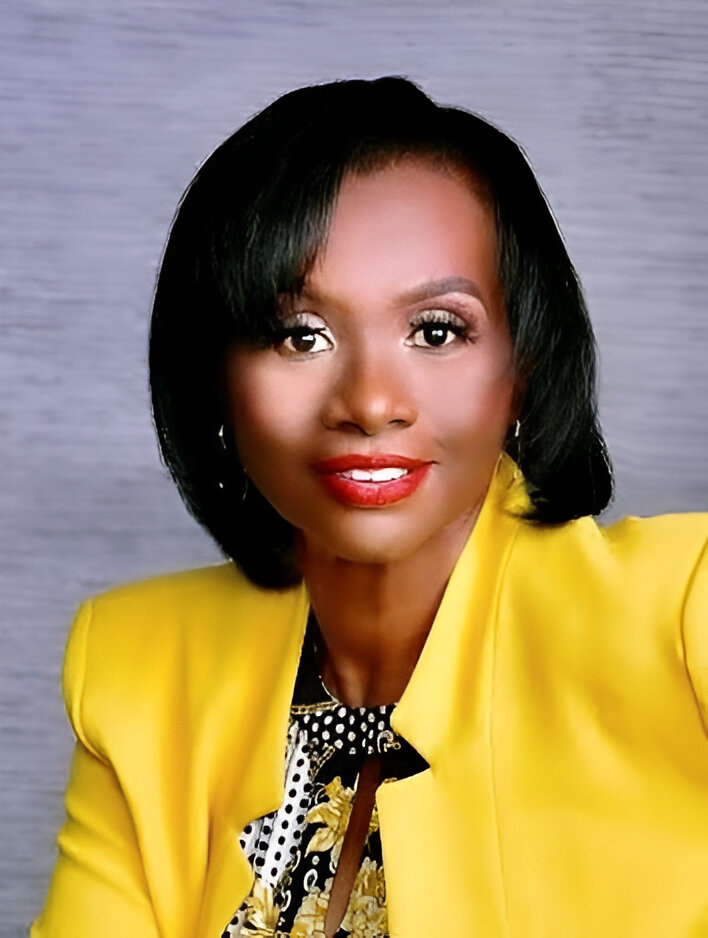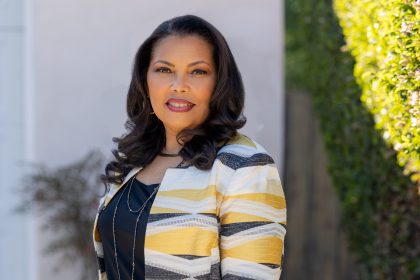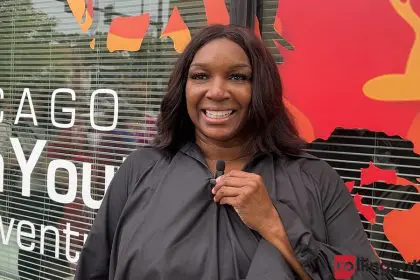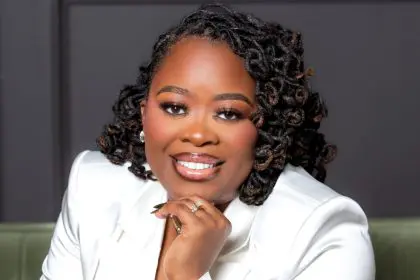With more than 25 years of experience in financial services, Delphine Pruitt has become a formidable force in banking. As a Business Access Advisor at U.S. Bank, she empowers businesses in communities with financial tools and resources essential for sustainable growth.
Before joining U.S. Bank, Pruitt served as Vice President of Diverse Strategies at Bank of the West and founded Connect The Dots Consultants. Her impressive career includes nearly two decades at Fannie Mae, where she generated millions in revenue through multicultural strategies. Her commitment to economic empowerment has earned her numerous accolades, including an Honorary Doctorate in Humanitarianism and the Presidential Lifetime Achievement Award.
Pruitt’s approach is rooted in simplicity — meeting the customer at his or her point of need.
“The first thing we always do is meet small businesses where they are,” Pruitt said. “We offer tailored financial solutions to help them navigate their current situation, create a plan, and move toward achieving their financial goals.”
Once Pruitt has diagnosed what the customer needs, she unveils the bank’s ample ways of benefiting them. She understands that not everybody is comfortable with the ins and outs of finance.
“What we do at U.S. Bank is we offer financial education,” Pruitt said. “We also really pride ourselves on relationship-based banking that helps build a strong financial foundation. We sit down with small businesses and help them create their plan so they can achieve the goals they established for themselves, not goals we established.”
To that end, Pruitt usually discusses with a customer the bank’s four-pillar plan, which is part of a larger strategy and framework called U.S. Bank Access Commitment. Pruitt’s role as a Business Access Advisor falls under Access Business, which supports small businesses. Another pillar is Access Capital, in which the bank works with community development financial institutions. The final two pillars are Access Home, which focuses on home ownership, and Access Wealth, which helps families build sustainable wealth.
You may ask, which of the bank’s four pillars is the most important? It’s hard for Pruitt to pick just one.
“All of them are equally important,” she said. “When I speak with my small business clients, I always advise them to plan for the future. What would happen if something happened to you? How would your family manage? That’s when I might bring in Access Wealth. I also work with clients who are looking to buy a home, and then I introduce our Access Home offering.”
Recently, Pruitt conducted a workshop in collaboration with the regional director of the Small Business Administration. A topic of particular interest involved what to do about the wildfires that decimated California homes and businesses.
“What do you do when you lose everything?” Pruitt said. “I have one client who actually lost both of her offices — one was destroyed in the Palisades, and the next day [another was destroyed in] the Eaton Fire. So, what do you do? We’re here to have that empathetic ear – but not only that empathetic ear but also to provide some guidance and connect them with the resources they need to continue to move forward. This is very difficult, but these businesses are also very resilient.”
Resilience, however, is no substitute for being prepared. And that’s what U.S. Bank is ultimately trying to do for people — make sure they’re prepared for whatever might come.
“Be very proactive in reaching out to establishing bank relationships, whether it’s U.S. Bank or somewhere else,” Pruitt advises. “It’s better to have that conversation early in the process, not just when you’re in need.”
















